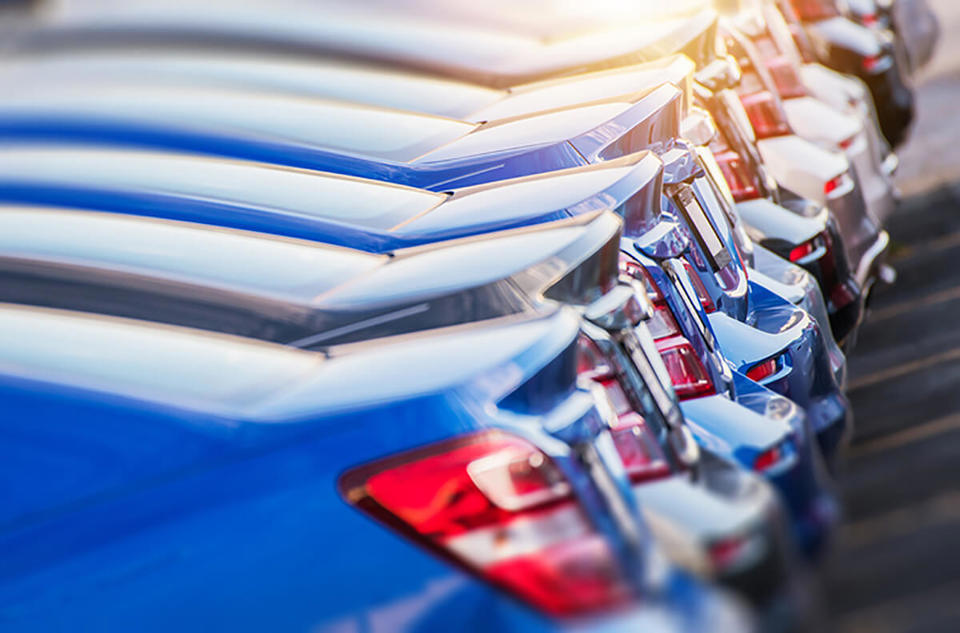Lex Autolease expects more than four out of 10 company cars will result in increased fleet and driver costs when the qualifying low emissions car (QUALEC) threshold of 120g/km is abolished in April.
Data gathered by the UK’s largest leasing company reveals that 45% of new car orders will fall into the 100g/km to 120g/km tax band and be hit by the ‘QUALEC Effect’.
These vehicles, as well as any existing company cars emitting more than 99g/km of CO2, will soon be subject to a higher tax burden.
The future cost increase is attributed to HMRC’s decision to lower the 10% tax threshold from 120g/km to 99g/km in April 2012, as part of a revision to the benefit-in-kind (BIK) system for company cars.
Lex Autolease calculates that only 8% of cars ordered will qualify for the new 10% company car BIK tax band (76g/km to 99g/km).
So, despite recent efforts by manufacturers to launch sub-120g/km vehicles and fleets’ or drivers’ decisions to adopt these, many will face a company car tax increase with an adverse impact on employers’ National Insurance Contributions (NIC) as well.
Based on a fleet of 500 vehicles, comprising a mix of Volkswagen Golf 1.6TDI 105 Match and BMW 318d SE models emitting 119g/km, employers’ NIC costs will rise by more than £60,000 a year.
An employee driving the same BMW 318d will be hit with a yearly BIK rise of £216, if they are a 20% taxpayer, and £432 at the 40% rate.
Paul Lippitt, principal consultant at Lex Autolease, said: “No fleet is likely to escape the QUALEC Effect, unless they are operating an entirely sub-99g/km policy and there aren’t many of those about.
“We’ve raised the issue ever since the new tax thresholds were confirmed at the last Budget, but we suspect that a large number of firms have not yet taken pre-emptive steps to mitigate the impact and inform their employees.
“Senior management may be less concerned if they have recently taken delivery of a low-emitting BMW 5 Series or Volvo S80 and can stomach the additional BIK, but the cost increase will come as a shock to middle and junior managers.”
From a corporate perspective, larger fleets will notice a measurable increase in costs.
Lippitt continued: “Most lease periods run over three or four years, so there is no getting away from the impact in a hurry.”
The thresholds will continue to reduce in 2013/14, which will result in additional increases in costs.
Lex Autolease says that fleet and drivers seeking to avoid this April’s tax changes need to consider sub-99g/km cars, or even sub-95g/km, to prevent the next threshold change in April 2013.
Currently, there are more than 200 model/trim levels outputting exactly 119g/km, which will be taxed at 14% for petrol and 17% for diesel models instead of 10% and 13% respectively in April 2012, rising to 15% and 18% in 2013.
In this category, businesses and drivers will find perennial executive favourites like the BMW 520d (EfficientDynamics), BMW 318d and BMW 118d.
Major workhorses like the Volkswagen Golf S 1.6 TDI 105 Match and Volkswagen Passat 2.0 TDI BlueMotion Tech also fall foul of the new thresholds so many essential users will naturally lose out.
Lippitt concluded: “Companies need to review their fleet policies and develop plans to adopt sub-99g/km models, which will support the driver’s need to manage BIK costs and the corporate objective of cost reduction.”

















Login to comment
Comments
No comments have been made yet.